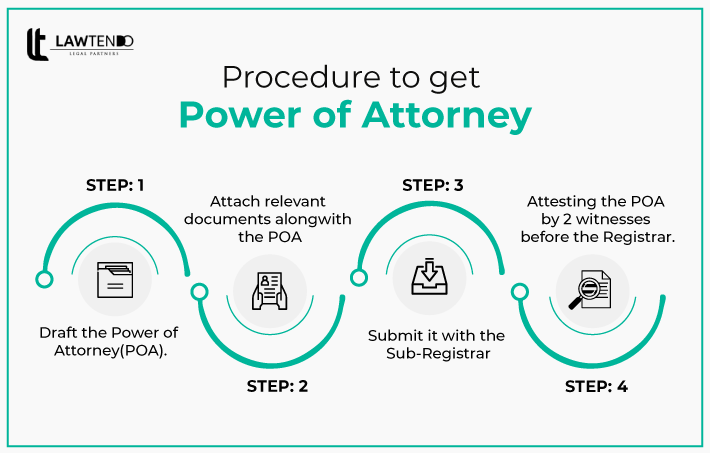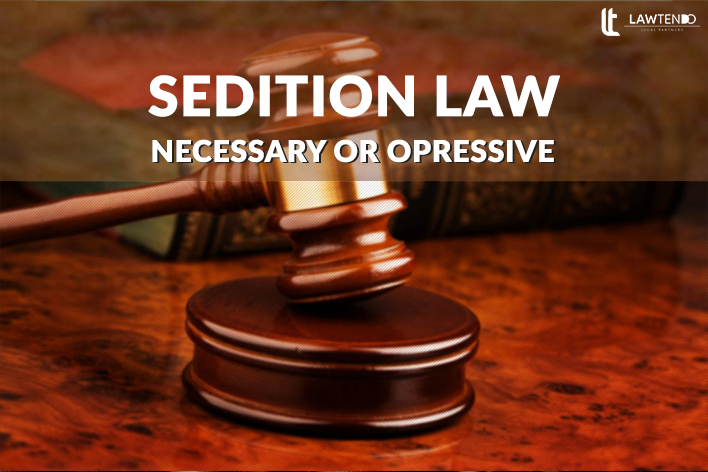BOOK A SERVICE
POWER OF ATTORNEY REGISTRATION SERVICES OVERVIEW IN KUPWARA
“Vest your trust, but not in the wrong person.” A power of attorney giving one person the right to act on another person's behalf may be a convenient tool. However, it can be miserable if it falls into the wrong hands!
A power of attorney (POA) is a legal document by which one person (known as the agent) can act on behalf of the other person (known as the principal). The agent enjoys some general or ordinary power, specific, unique, or financial power about the principal's property, finances, or medical care. This is mainly used in the principal's absence or the event of his illness or disability. Conventionally, it is given to a person of trust of the principal. It may become incapacitated for several reasons, like the principal's death, revocation by the principal or court, or when the agent can no longer perform the given responsibilities.
Things Power of Attorney Allows us to do:
POAs are mainly of two types- medical and financial. A medical power of attorney enables the agent to decide over the medical care the principal receives in case he is incapacitated. An economic power of attorney allows the agent to make financial decisions, including investments on behalf of the principal.
Things that a medical POA can do are-
-
Take decisions regarding medical care, including surgery, hospital care, psychiatric treatment, home health care, etc.
-
Make decisions regarding the doctors and care providers that the principal uses.
-
Make decisions regarding long-term care, such as assisted living, memory care, and nursing homes, in case the principal lives but is unhealthy.
-
Make decisions about the principal's food and bathing habits.
Things that a financial POA can do are-
-
Get access to the financial account of the principal to pay for health care bills, housing needs, and other provisions.
-
Taxes are filed on behalf of the principal.
-
Make decisions regarding the investment of the principal.
-
Pay and collect the principal’s debts and manage his movable and immovable property.
POA gives considerable power to the hands of the agent to deal with the medical and financial aspects of the principal. However, there are a few things that a POA needs help to do. They are-
-
Agents cannot change a principal’s will.
-
Cannot break the fiduciary relationship.
-
If the principal has not named the agent as executor of his will or the principal does not have a choice, the agent cannot make financial decisions after the principal's death.
-
An agent cannot transfer his power of POA to someone else.
Requirements for a Power of Attorney
Any natural person who can contract may institute a power of attorney. The requirements are-
-
The power of attorney should contain the date of execution.
-
The principal and any other adult must sign the document in the presence of the principal and according to his directions.
-
POA is signed and acknowledged before a notary public and is signed by two witnesses. The witnesses cannot include attorney-in-fact in case of a durable POA.
-
In the case of an online POA, an Aadhar card and ID card are mandatory. Also, the document should be notarised.
When it comes to securing your legal interests in kupwara, the expertise of a Power of Attorney lawyer online is invaluable. At Lawtendo, we understand the intricacies of the legal system in kupwara, and we have a team of experienced attorneys ready to assist you. Our online platform makes it easier than ever to connect with a skilled Power of Attorney lawyer who specialises in the laws of kupwara. So, whether you need assistance with property transactions or financial matters, Lawtendo is your trusted partner for all your legal needs in kupwara.
Steps To Obtain Power Of Attorney IN KUPWARA
- Drafting
- Submission
- Verification
Drafting the power of attorney with the assistance of a documentation lawyer hired from the lawtendo platform.
Submitting the power of attorney and all the required documents to the sub registrar who has jurisdiction over the area where principle resides
Attesting the drafted power of attorney and two witnesses before the registrar

Estimate Time REQUIRED FOR POWER OF ATTORNEY REGISTRATION
Once the submission is done, it takes about 8-10 weeks to register for POA. Also, the validity period of POA in Kupwara is 30 days. By law, it is not valid after the death of the principal or after it has been revoked. If the agent is acting in an improper way, the family members of the principal can file a suit against him on the ground that the agent is not acting in the best interest of the principal.
Documents Required for POWER OF ATTORNEY LAWYER ONLINE IN KUPWARA
Identification proof of the parties (such as Aadhar card, voter ID card, PAN card, Driving license, etc).
Witnesses should also bring their identification proof.
Address proof of principal and agent(s)
Passport-sized photographs of the parties.
Electricity bill/index bill/tax receipt of the property (If POA concerns some property)
Why Choose Lawtendo






Click here to know about Power Of Attorney Lawyer Online In Kurnool



